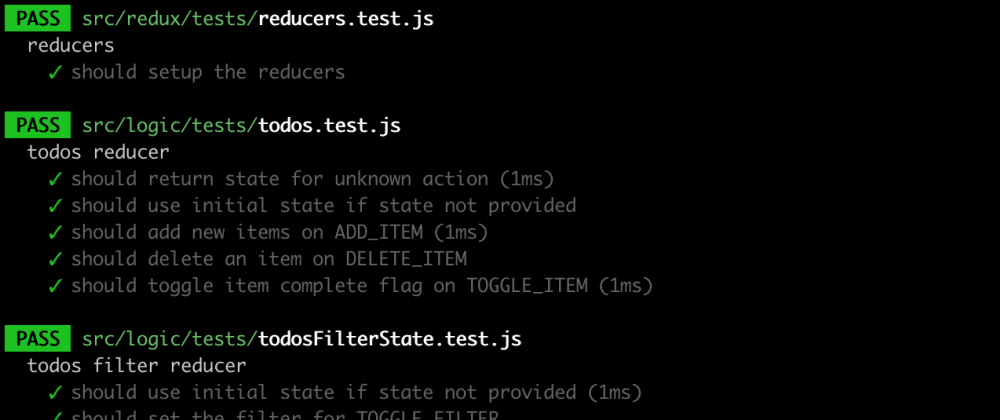
A lot of us in software development would have heard of Test Driven Development. Some swear by it - some hate it and say it is fully unnecessary.
...
For further actions, you may consider blocking this person and/or reporting abuse


I have a hypothetical question:
Let’s say you work on a micro service/lambda. You start with TDD and slowly work your way up to higher level tests and application.
As you navigate higher do you end up with all the unit tests you have written throughout or at some point some become obsolete due to integration tests?
My example I have written previously is:
Depending on how I write the test in step 3, I either mock function from step 1, or HTTP layer again same as in unit test for data function. With latter the unit tests feel like it is obsolete. Yes you probably are losing more granular feedback but then test is better? Plus if I change the function/module in step 1 but data remains same - I don’t have to change tests anymore.
I am still trying to narrow down my exact hypothesis 😀
Thanks for your thorough replies Andy - appreciate your time and wisdom :)
I think the last paragraph captures what bothers me the most - when the tests start taking up more time than they should (wonder if there is a measure/metric? everything is 80/20?
😂)
I will think about it a little longer and may come back to this conversation in the future 🙂
This is so important. Well put. 🙏
Fair points and fully agree with idea that when starting with something that I know will be quite a big piece of software with a lot of concerns - will opt in for unit level tests to help design separation of concerns and slowly build up the design or blueprint of my solution.
I think will need to come up with a series of examples and try writing different tests to see what works best in certain scenarios.
My main example for integration/e2e tests is Lambda because it usually should be small enough that having unit, integration and e2e tests seems like an overkill.
And often see a lot of tests in a codebase where behaviour is... tested too much? That’s why starting to question certain beliefs I hold.
Thanks for feedback, it’s something I want to write a little more about and need wider input/challenging opinions :)